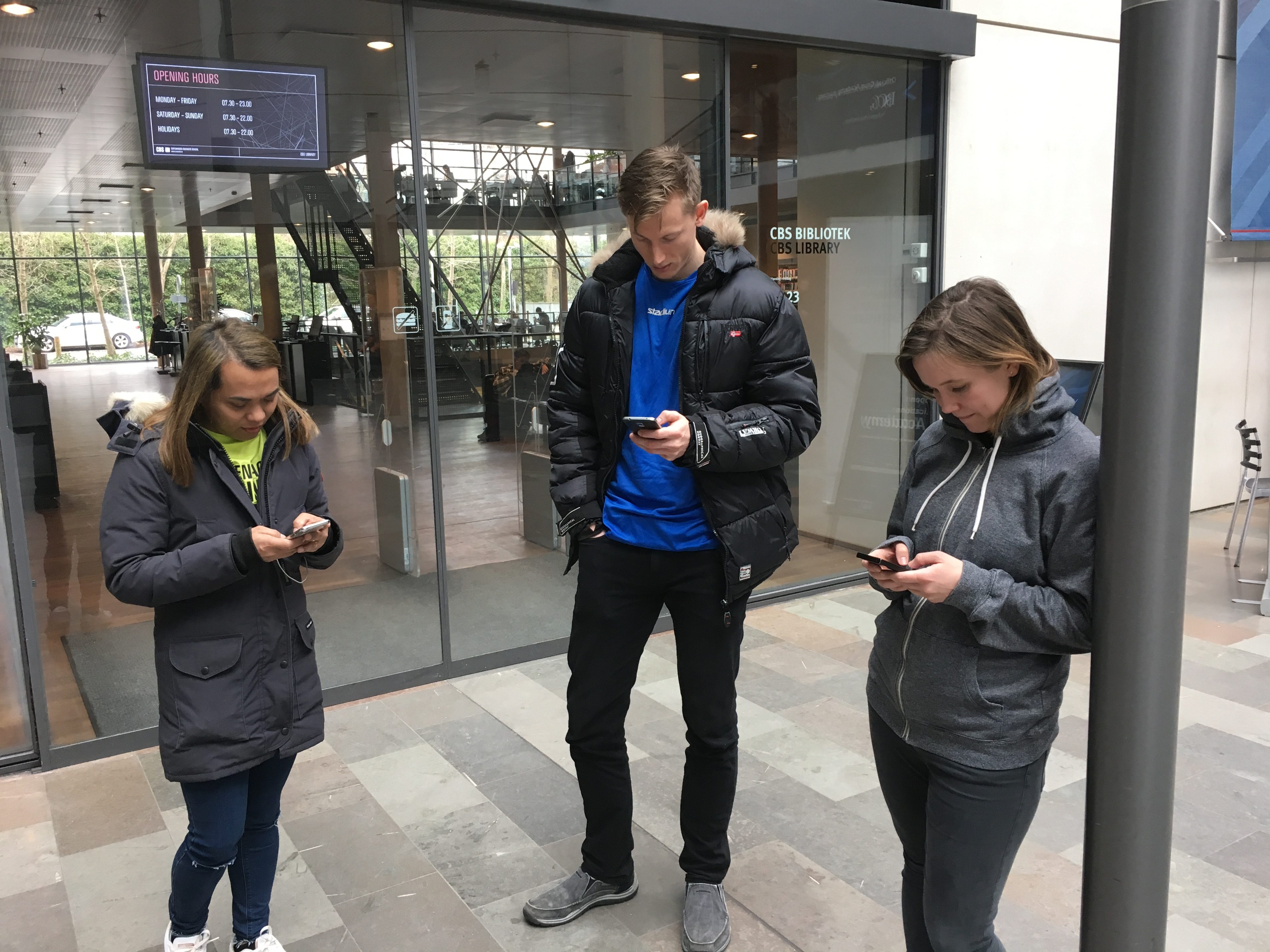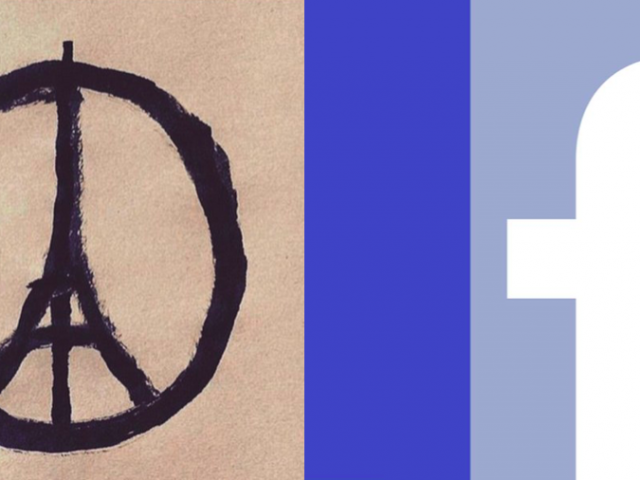Life on demand: Are smartphones really making life smarter?

Smart phones have a tendency to completely absorb people's attention (Photo: David Fulop)
We spend more and more time on our individual tablets and mobile phones where we shift between various apps and programs. With its endless choices, the modern streaming life seems like a liberal utopia. But are these new habits creating a more lonely and isolated life?
Cyberspace is real.
Despite it being a fictitious world of algorithms and cat videos, we live and breathe it every day. Modern reality has become infiltrated with the online universe and it seems that every person anno 2018 has acquired a smartphone or tablet to gain access to this wonderland of choices.
With endless possibilities of communication, education, and entertainment, we are no longer limited to our previous conditions in regards to social interaction, learning platforms, and tv habits. The online life has dissolved timetables and structure, and instead, presented us with unlimited choices for choosing what to watch, who to write to, and when to read up on whatever. Time and space have become fluent in cyberspace and we seem more pleased than ever with this development.
And why shouldn’t we?
I myself am pretty pleased with the fact that I am not dependent on being home on a certain night to watch a certain program. I can choose to do other things on the given time it airs on television, because I know I can always stream it the following day and sometimes even before. Likewise, when it comes to staying in touch with family, friends, or new acquaintances. Digital platforms and modern technology allows me to make the most of my time and catch up with friends while getting home from work via social media and making a Skype call to my parents while traveling around the world. Possibilities such as these did not exist just a few years back, making the online life seem like a way of life that is here to stay.

Looking down into the black mirror. (Photo: David Fulop)
Is a smart life a lonely life?
Our lives certainly seem to become smarter through our smartphones, but perhaps there is a downside to our extensive use and dependence on our small technical devices?
Because, despite the liberation that comes with modern communication and streaming on demand, our online habits are affecting our lives in the real world. Every time we choose to look down in the black mirror we also choose to neglect our current surroundings and the people next to us. I often find myself messaging a friend in another city rather than talking to a friend present in the same room as myself. I prioritize watching a program by myself during the weekend rather than to do it with others when it actually airs on a Friday night. Our smartphones individualizes us and draws us further away from the groups and communities where we previously found what we now find with the tap of a finger. Is this smarter living or a spurring lifestyle that will ultimately end in isolation and loneliness?
It may be liberating to get the freedom to choose and do whatever we want whenever we want, but in our chase for optimizing our time and getting the most out of the endless possibilities, living smarter may not be so clever after all, if it means we have no one to share it with.
Smartphones and tablets may be instruments of intelligence and independence, but the power of our small gadgets are bigger than we think. The joy of a new Netflix show or a funny YouTube video is greater when shared with others and this can, of course, also be done via social media and online platforms. But if our reality is happening more online than in real time, we might forget to look up and see what is happening right in front of our eyes.
Life on demand is great in so many ways, but let us not be blinded by every shining possibility it provides. We need to remember to talk to each other face to face and not only through facetime. So even though we all have our own individual screens, we must also choose to look at the bigger ones we share with others.






































































































































Comments